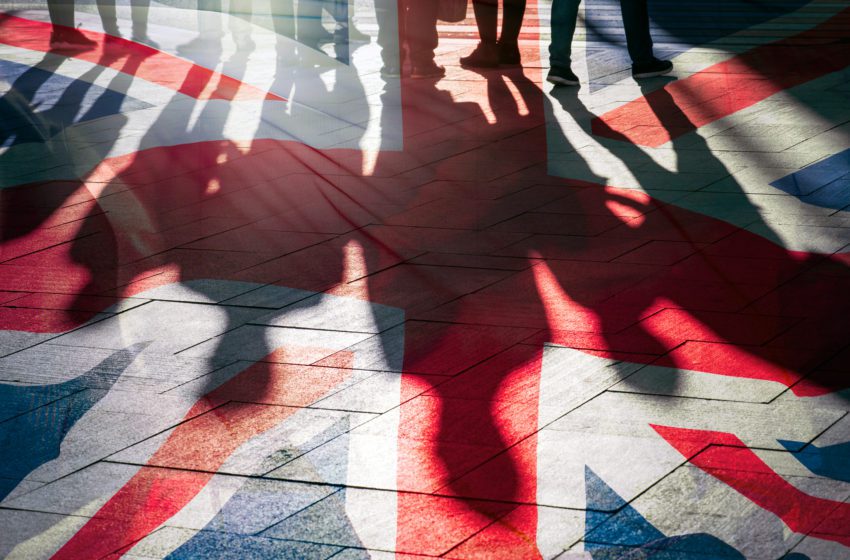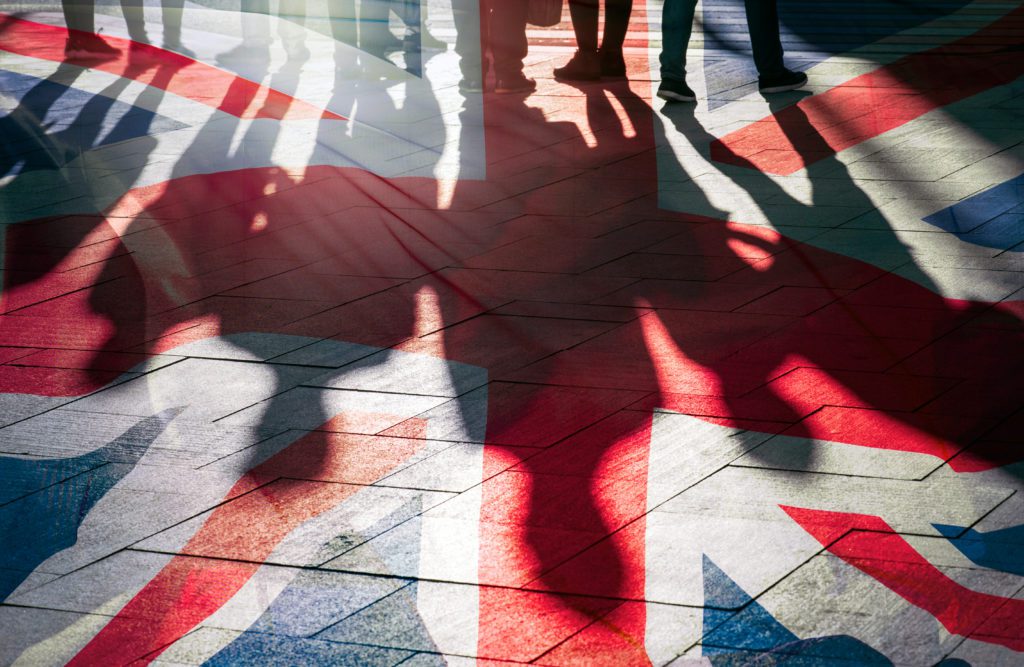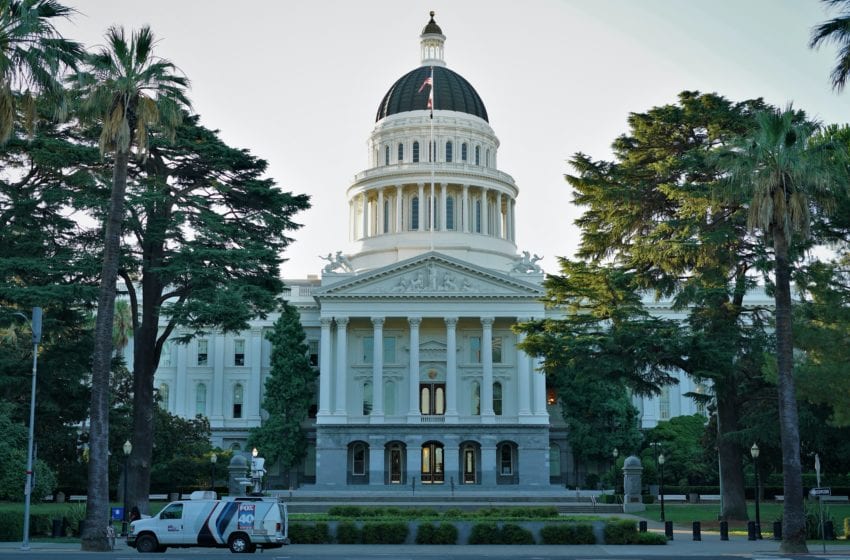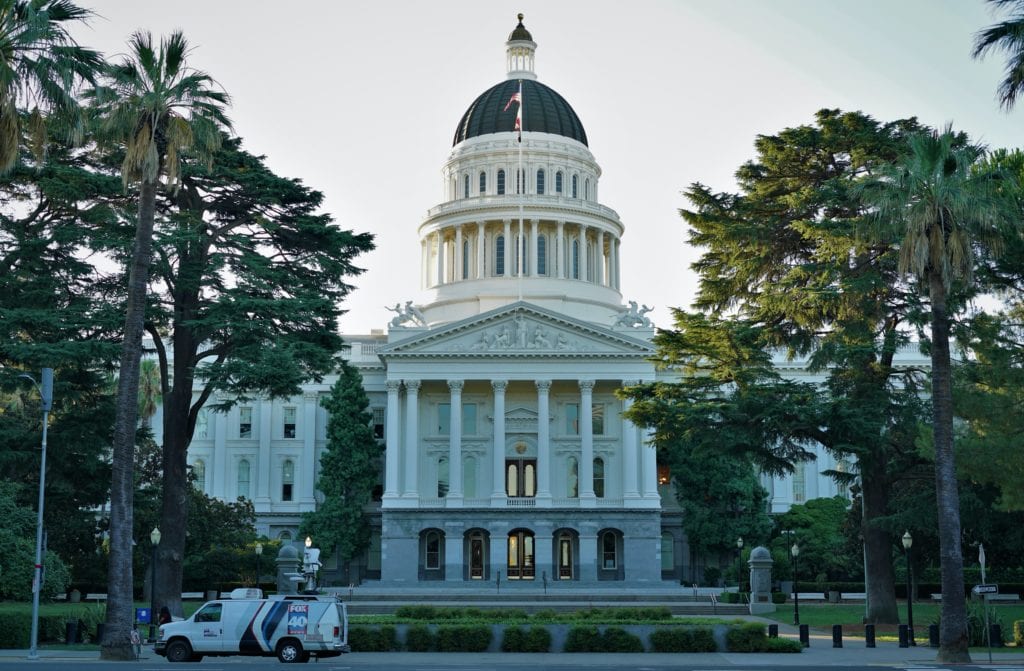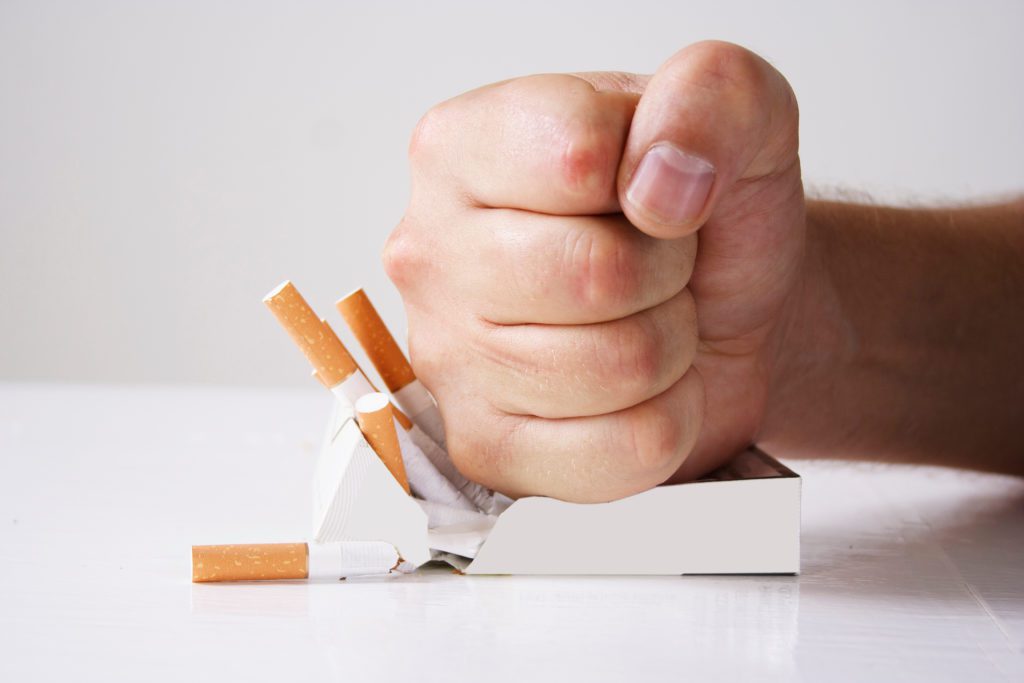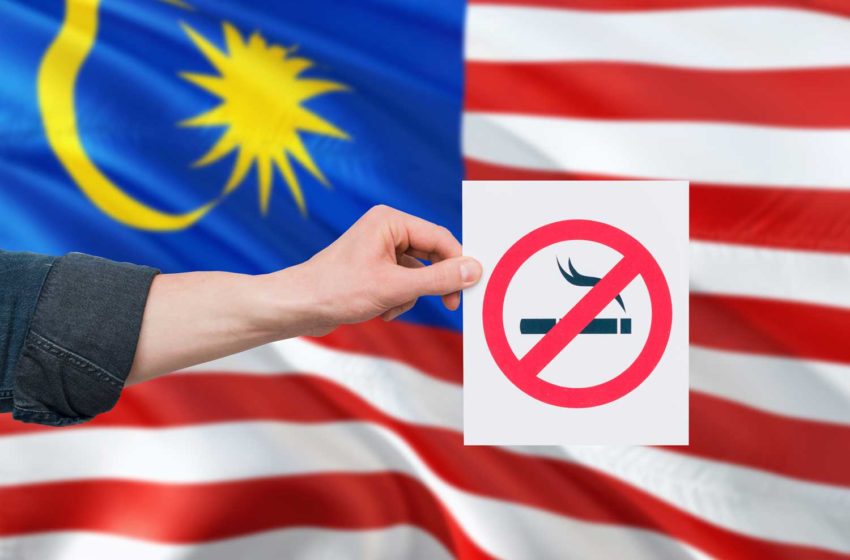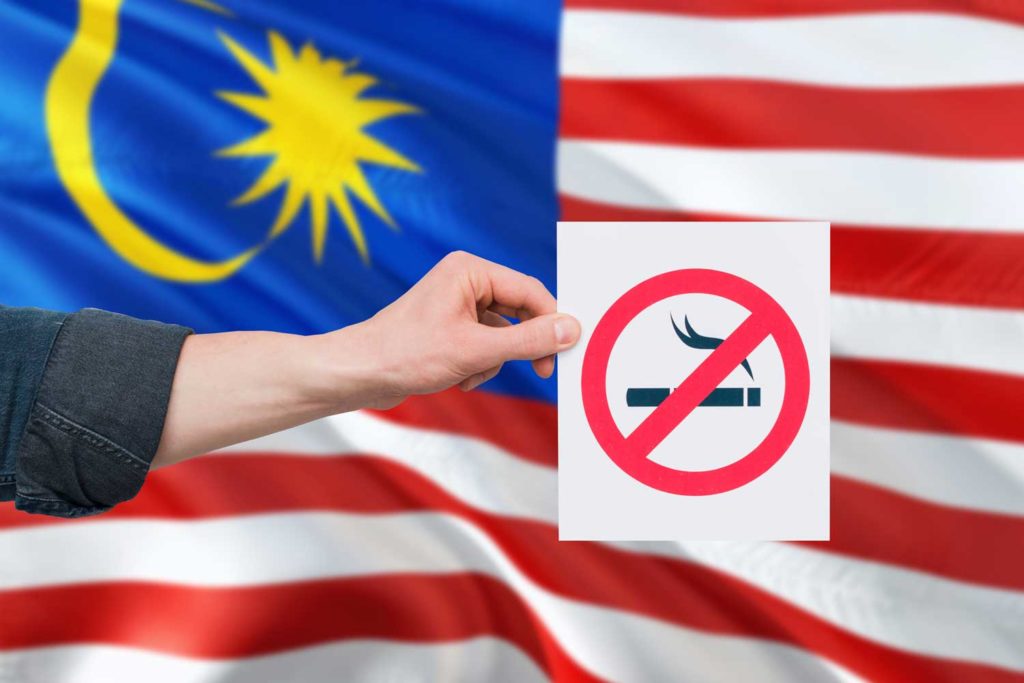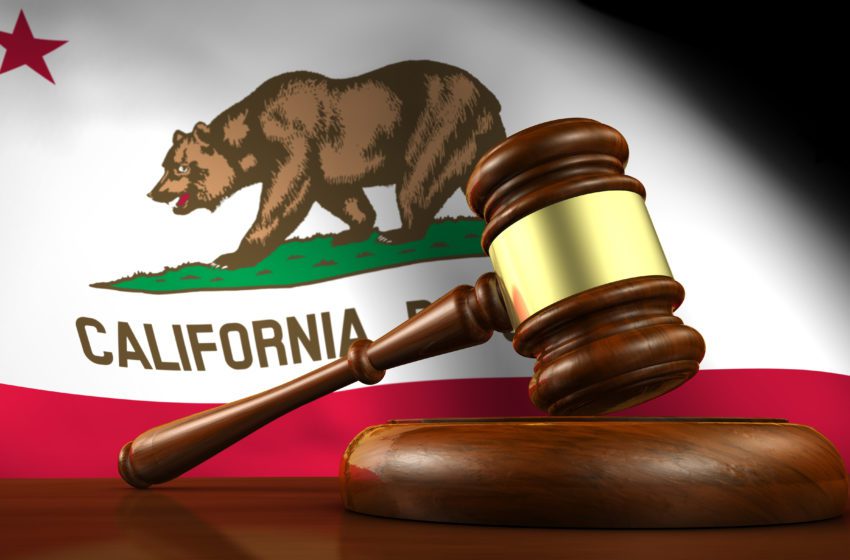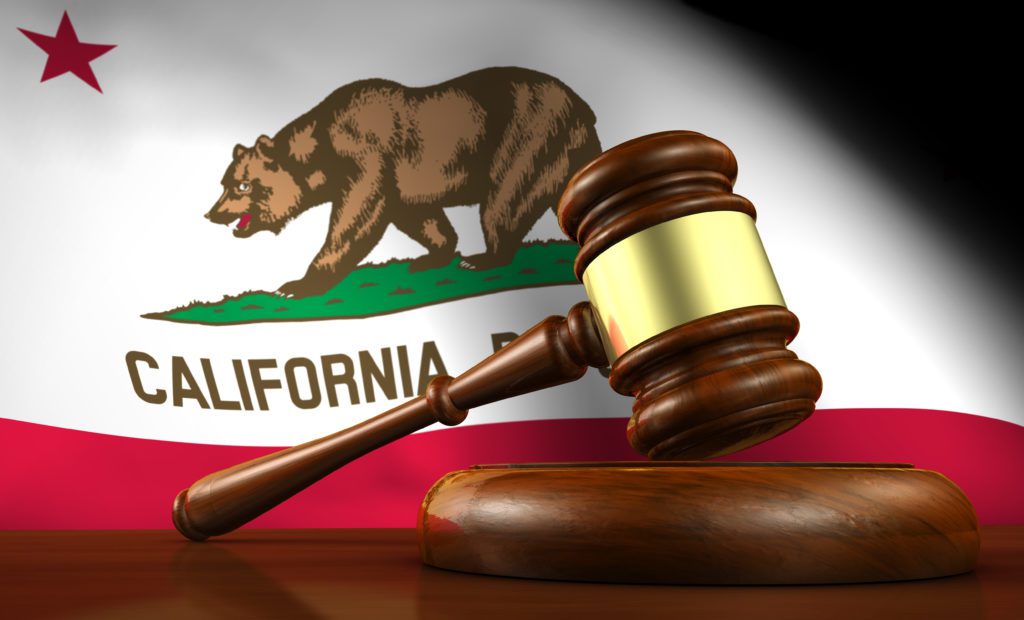
The U.K. government may be backtracking on its plans to implement a generational tobacco ban, reports Tobacco Insider. According to the website, Britain may settle instead for raising the legal smoking age from 18 to 21.
Under the proposed legislation, children who turn 14 or younger in 2023 would never be able to legally purchase a cigarette. A public consultation on the plans closed Dec. 6.
Tobacco companies have reportedly been engaging heavily with lawmakers. Earlier this month, Philip Morris International held roundtable events with members of parliament as part of its efforts to ensure that heated-tobacco products are exempt from any future smoking ban.
BAT was reportedly also scheduled to hold a private event on the plans to phase out smoking.
Many libertarian Members of Parliament are said to dislike the idea of government limiting people’s choices.
In November, New Zealand and Malaysia scrapped plans for similar generational tobacco bans.


